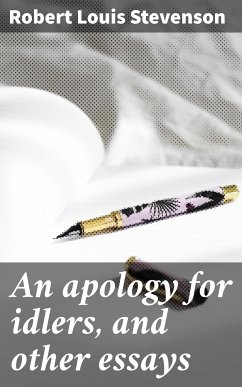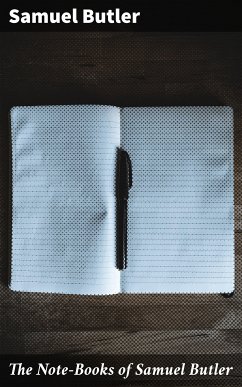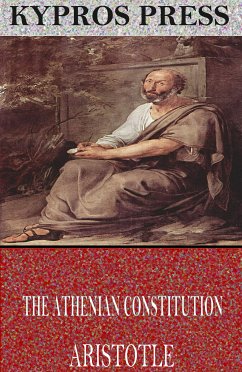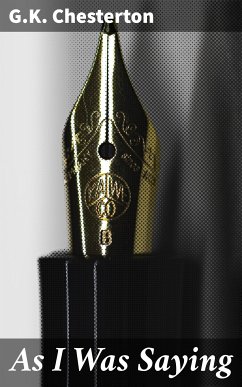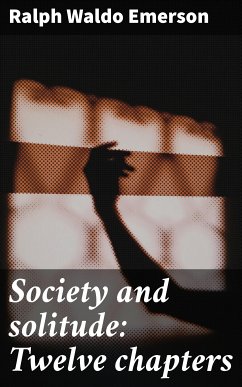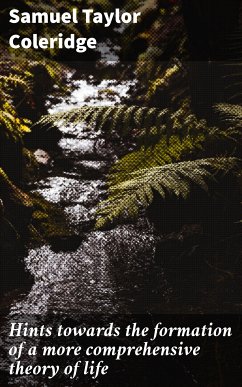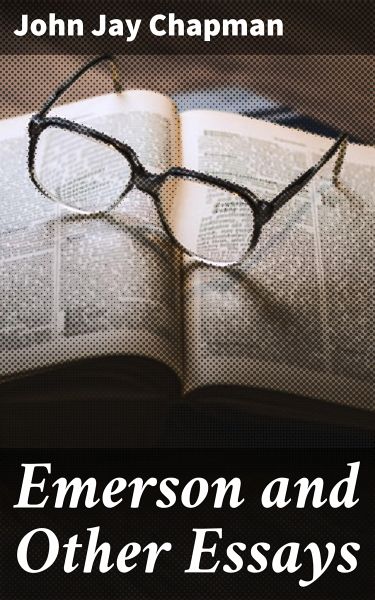
Emerson and Other Essays (eBook, ePUB)
Enriched edition. Exploring timeless themes and philosophical thought through Chapman's profound essays
Kommentar: Dunn, Hailey / Redaktion: Good Press

PAYBACK Punkte
0 °P sammeln!
In "Emerson and Other Essays," John Jay Chapman delves into the philosophical and literary contributions of Ralph Waldo Emerson, exploring the transcendentalist movement that shaped American thought in the 19th century. Chapman employs a reflective and analytical literary style, intertwining biographical elements with critical assessments of Emerson's key works. He articulates how Emerson's ideas on individuality, nature, and self-reliance resonate within the broader context of American literature, making a case for Emerson's enduring relevance in modern discourse. Through nuanced critiques an...
In "Emerson and Other Essays," John Jay Chapman delves into the philosophical and literary contributions of Ralph Waldo Emerson, exploring the transcendentalist movement that shaped American thought in the 19th century. Chapman employs a reflective and analytical literary style, intertwining biographical elements with critical assessments of Emerson's key works. He articulates how Emerson's ideas on individuality, nature, and self-reliance resonate within the broader context of American literature, making a case for Emerson's enduring relevance in modern discourse. Through nuanced critiques and insightful commentary, Chapman positions Emerson not just as a literary figure but as a philosophical giant whose ideas continue to challenge and inspire. John Jay Chapman was an influential essayist and critic whose own experiences in the tumultuous cultural landscape of the late 19th and early 20th centuries deeply informed his writings. An advocate for progressive thought, Chapman's engagement with issues of social justice and personal liberty is reflective of Emerson's influence on him. His commitment to exploring complex ideas through a lens of eloquent prose showcases his ambition to draw connections between past and present moral inquiries. This collection is essential for readers seeking a profound understanding of Emerson's ideals and their implications on contemporary thought. Chapman's keen insights encourage not only a reassessment of Emerson's work but also inspire readers to engage with their own philosophical beliefs and the world around them. For anyone intrigued by American literature and philosophy, this volume serves as both a tribute to Emerson and a call to introspection. In this enriched edition, we have carefully created added value for your reading experience: - Lastly, our hand-picked Memorable Quotes distill pivotal lines and turning points, serving as touchstones for the collection's central themes.
Dieser Download kann aus rechtlichen Gründen nur mit Rechnungsadresse in A, B, BG, CY, CZ, D, DK, EW, E, FIN, F, GR, H, IRL, I, LT, L, LR, M, NL, PL, P, R, S, SLO, SK ausgeliefert werden.




